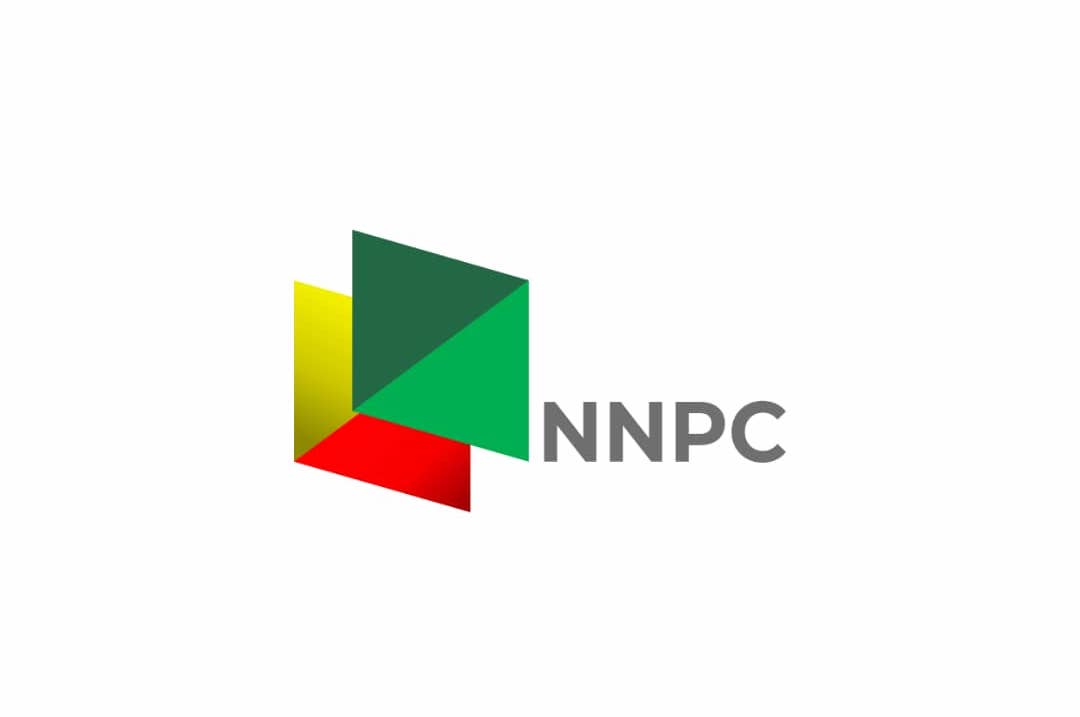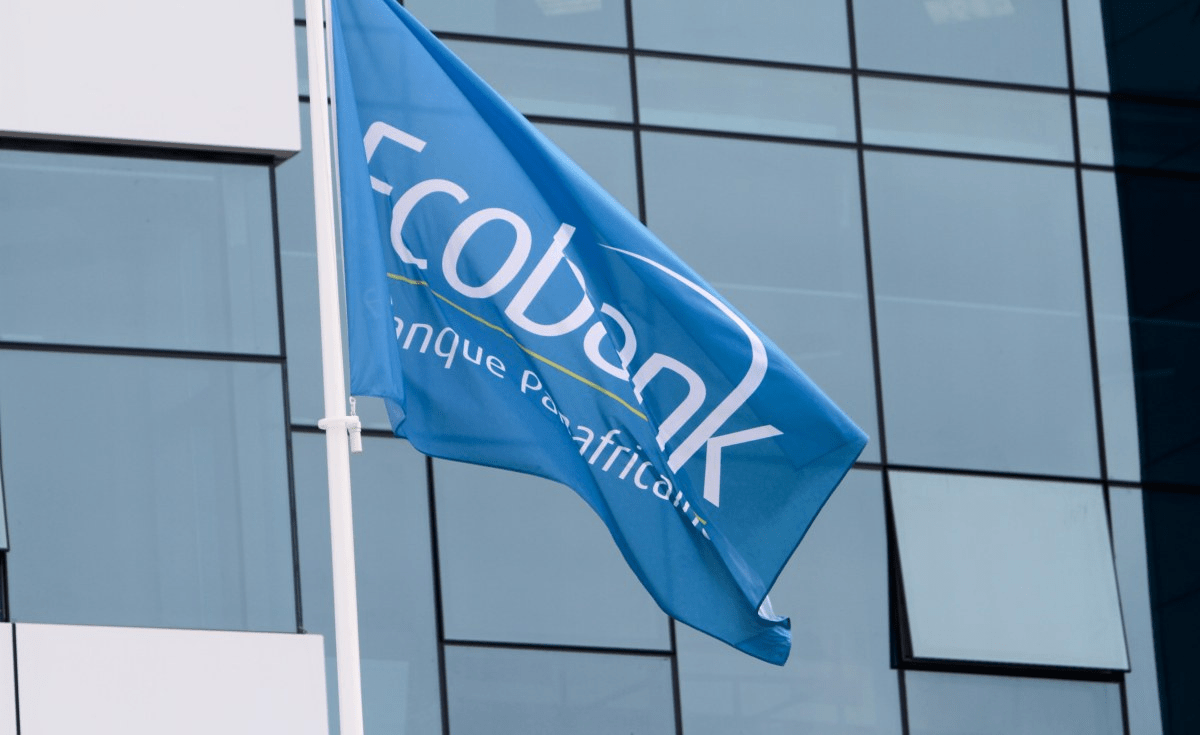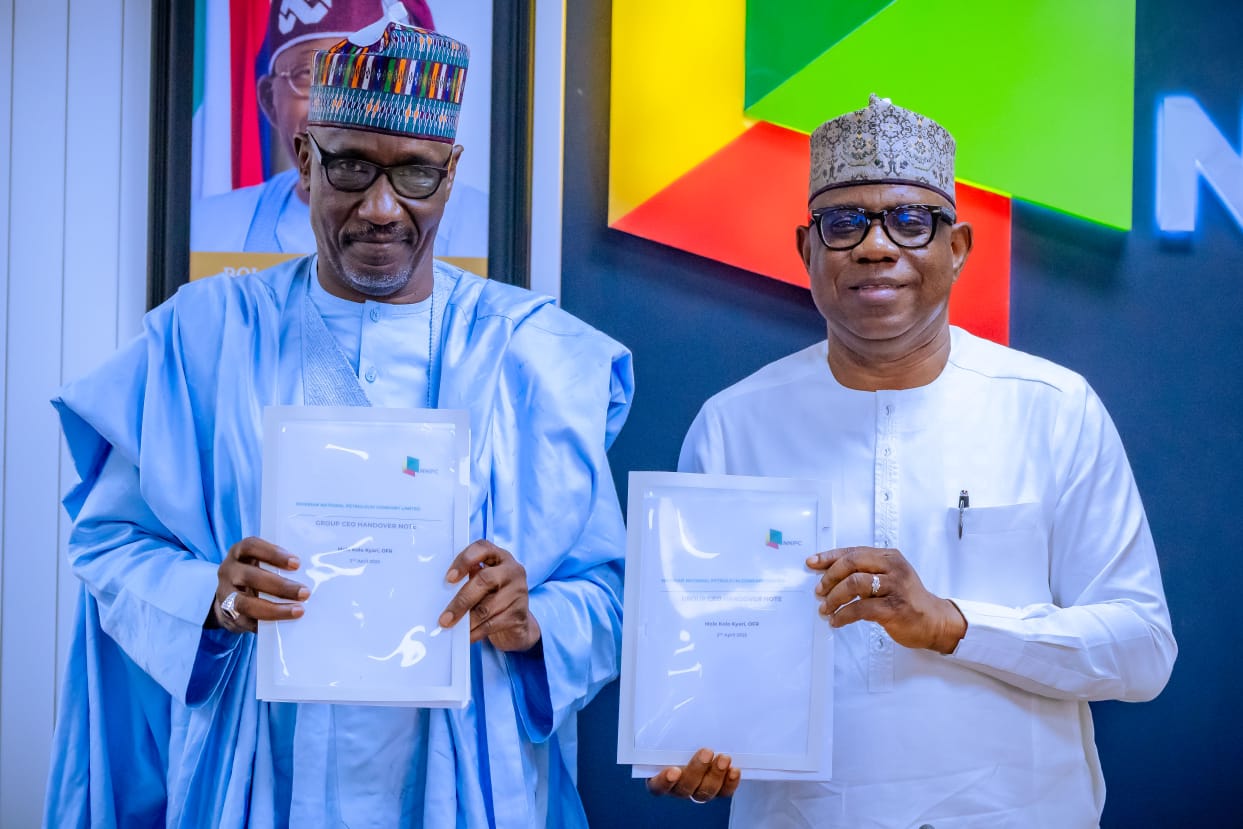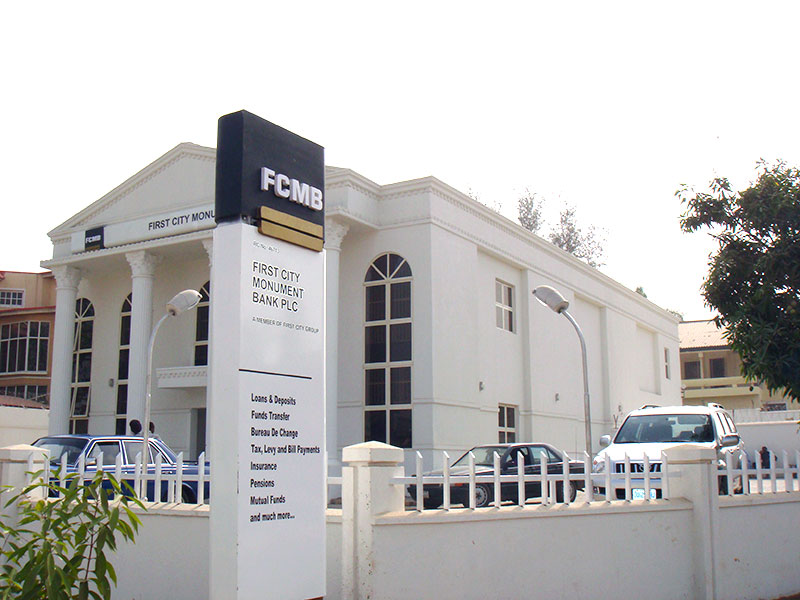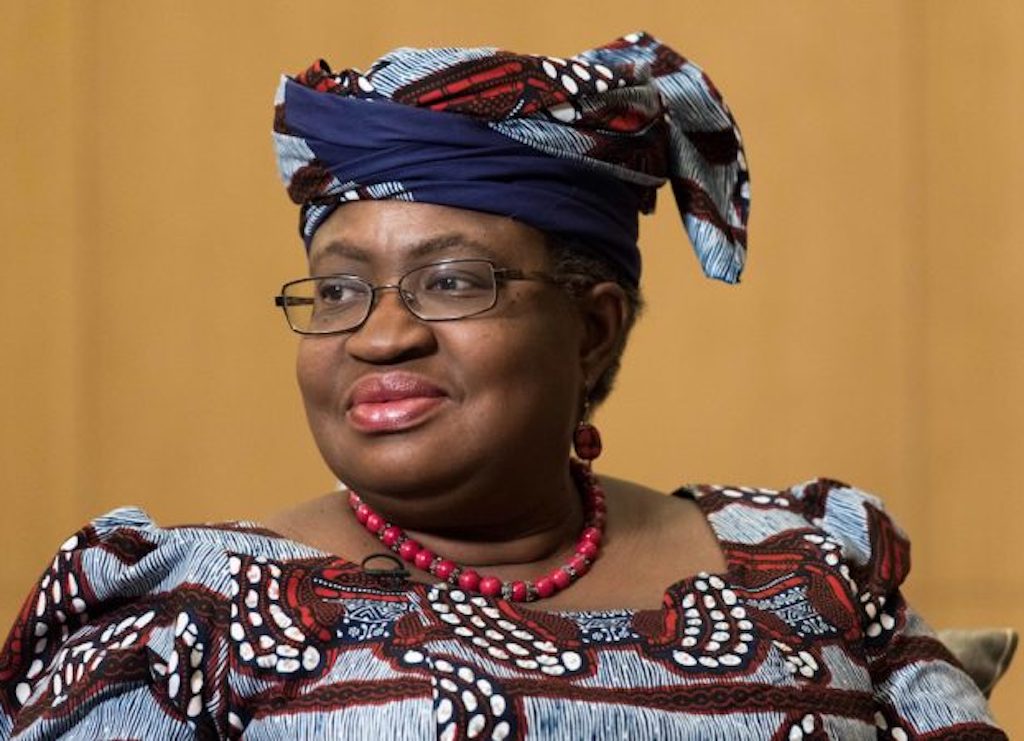• China imposes 34% reciprocal tariffs on imports of US Goods
• Market extends plunge
• Trump extends deadline for TikTok to get US buyer by 75 Days
Oluchi Chibuzor with agency report
The Director-General of the World Trade Organisation (WTO), Dr. Ngozi Okonjo-Iweala, has warned that new tariffs announced by the United States along with those introduced at the start of the year could lead to a contraction of around one percent in global merchandise trade volumes in 2025.
“I’m deeply concerned about this decline and the potential for escalation into a tariff war with a cycle of retaliatory measures that lead to further declines in trade,” Reuters quoted Okonjo-Iweala to have said in a statement.
China yesterday said it would impose reciprocal 34 percent tariffs on all imports from the United States from April 10, making good on a promise to strike back after US President Donald Trump escalated a global trade war.
Owing to the development, the global stocks selloff sent money flooding into low-risk assets like U.S. government bonds, even as safe-haven gold recoiled from Thursday’s record high alongside a further slide in crude oil brought by fears that a trade war would cause a global recession.
U.S. Treasury yields fell sharply yesterday, after China’s retaliation against Trump’s tariff plan that caught markets off guard by its scope, although declines were curtailed after a solid U.S. jobs report.
Equally, yesterday, President Trump granted TikTok another reprieve by announcing that he would extend the deadline for when the popular app had to make a deal to be separated from its Chinese owner, ByteDance, or face a ban in the United States.
Speaking further, Okonjo-Iweala warned that the tariffs have the potential to create significant trade diversion effects.
The WTO administers 74 percent of global trade, down from around 80 percent at the beginning of the year due to recent tariffs, according to the organisation.
World leaders have warned of the potential negative economic consequences of the tariffs.
“President Trump’s announcement of universal tariffs on the whole world, including the EU, is a major blow to the world economy,” European Commission President Ursula Von Der Leyen said.
Okonjo-Iweala told member states earlier on Thursday in a letter seen by Reuters that the WTO had received many questions about the tariffs.
“Many of you have been in touch about the U.S. announcement on tariffs, asking for the Secretariat to provide an economic analysis of the impact of these tariffs and any potential reaction on your trade,” Okonjo-Iweala wrote.
Observers say U.S. determination to double down on tariffs risks sidelining the Geneva-based WTO and its free-trade mandate.
On Wednesday, Trump unveiled an additional 34 percent tariff on all Chinese goods imported into the US, in a move poised to cause a major reset of relations and worsen trade tensions between the world’s two largest economies.
“This practice of the US is not in line with international trade rules, seriously undermines China’s legitimate rights and interests, and is a typical unilateral bullying practice,” the CNN quoted China’s State Council Tariff Commission to have said in a statement announcing its retaliatory tariffs.
Since returning to power in January, Trump had already levied two tranches of 10% additional duties on all Chinese imports, which the White House said was necessary to stem the flow of illicit fentanyl from the country to the US. Combined with pre-existing tariffs, that means Chinese goods arriving in the US would be effectively subject to tariffs of well over 54%.
China’s retaliation against the latest round of US tariffs is more sweeping than its earlier reciprocal actions. Beijing had responded to previous levies swiftly but moderately, imposing retaliatory tariffs on targeted US imports, including agricultural products and fuel, while taking action against certain American firms and ramping up export controls.
The latest US tariffs on Chinese goods are higher than what many analysts had expected and could fundamentally reshape relations, and roughly half a trillion dollars in trade, between the two economies after decades of interdependence.
Trump Extends Deadline for TikTok to Get US Buyer by 75 Days
President Donald Trump yesterday granted TikTok another reprieve by announcing that he would extend the deadline for when the popular app had to make a deal to be separated from its Chinese owner, ByteDance, or face a ban in the United States.
TikTok, which had been facing a Saturday deadline for a deal, now has another 75 days to find a new owner to comply with a federal law that requires it to change its structure to resolve national security concerns. That puts the new deadline for a deal in mid-June.
The delay was President Trump’s second for TikTok this year, according to the New York Times.
He had first paused enforcement of the law in January, even after it was unanimously upheld by the Supreme Court.
“The Deal requires more work to ensure all necessary approvals are signed,” Mr. Trump wrote in a post on Truth Social on Friday, adding that “we do not want TikTok to ‘go dark.’”
He added that he looked forward to “working with TikTok and China” to close the deal and suggested he would consider using the app as a negotiating chip with China on tariffs.
Trump’s latest action highlights the intractable nature of the dilemma with TikTok, which has endured years of scrutiny in the United States over its Chinese ties. Even as lawmakers and U.S. officials repeatedly raised questions about whether TikTok was secure, the app cemented its role as a cultural juggernaut, with more than 170 million users in the country who use it to make memes and share videos.
The delay also renewed questions about Trump’s willingness to put his presidential power ahead of the rule of law. The federal law that aimed to change TikTok’s ownership or have the app be banned was passed last year with wide bipartisan support and took effect in January. But Trump effectively overrode the law when he paused enforcement of it that month.
For now, one thing is certain: TikTok will continue to operate in the United States for the foreseeable future. In January, the app briefly went dark around the time the federal law took effect, before flickering back to life.
TikTok did not immediately return a request for comment.
The delay came after tense, last-minute negotiations and a great deal of interest from potential buyers. Vice President JD Vance, whom Mr. Trump tapped to help oversee the deal talks, said as recently as Thursday that a deal was imminent. Amazon submitted a bid, and the private equity giant Blackstone also weighed taking a stake in TikTok.
Much of the speculation in recent weeks centred around an option that stopped short of a full sale of the app. Instead, people close to the talks have described a deal in which existing U.S. investors in ByteDance would roll over their stakes into a new independent global TikTok company.
Additional U.S. investors would be brought on to reduce the proportion of Chinese investors, they said, because the law calls for no more than 20 per cent of TikTok or its parent company to be owned by people or corporations in so-called foreign adversary countries, a list that includes China.
TikTok has long pushed back on Washington’s concerns and sought to address them without a sale. It has said it has never misused data or spread propaganda at the behest of Beijing in the United States. But despite a multi-billion-dollar security effort that sought to give the American government unique oversight of TikTok’s operations, the company could not win the trust of Washington.

